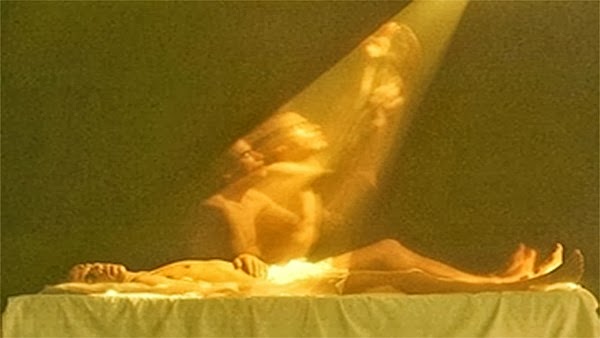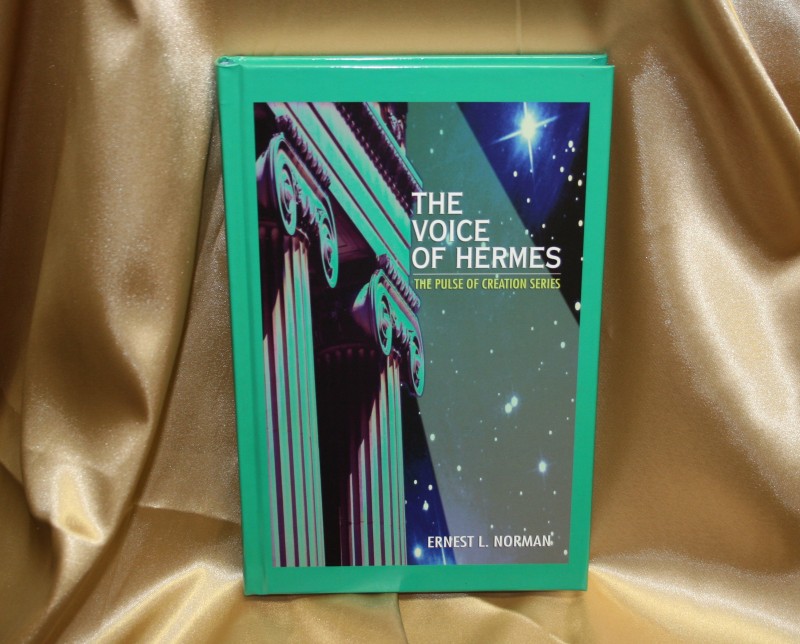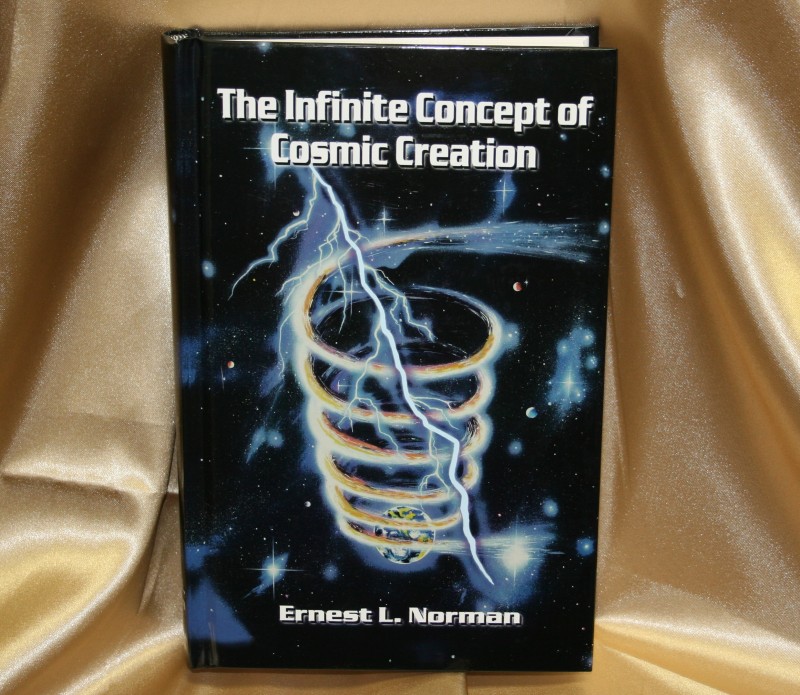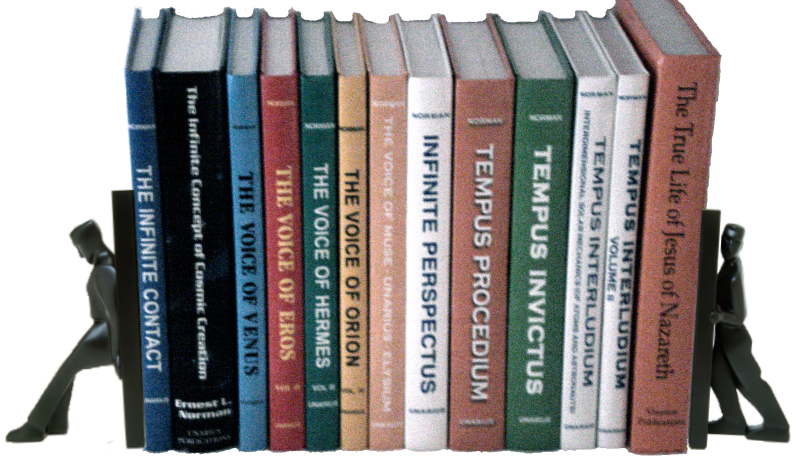Letters starting with “D”
DARWIN
DARWINIAN THEORY
- Darwin’s theory of evolution, which holds that all species of plants and animals developed from earlier forms by hereditary transmission of slight variations in successive generations, and that natural selection determines which forms will survive
Note: biography.com, Wikipedia
- Charles Robert Darwin, born February 12, 1809, died April 19, 1882. British citizenship. Charles Darwin is best known for his work as a naturalist, developing a theory of evolution to explain biological change. His occupation as Biologist, Scientist. He established that all species of life have descended over time from common ancestors, and in a joint publication with Alfred Russel Wallace introduced his scientific theory that this branching pattern of evolution resulted from a process that he called natural selection, in which the struggle for existence has a similar effect to the artificial selection involved in selective breeding. In 1859 Darwin published his book, On the Origin of Species. In modified form, Darwin’s scientific discovery is the unifying theory of the life sciences, explaining the diversity of life. His five-year voyage on HMS Beagle established him as an eminent geologist.
DECIMATED
- to select by lot and kill every tenth one of
- to destroy or kill a large part of/ famine decimated the population/
- to take a tenth part of; tithe
DEFICIENCY
- the quality or state of being deficient; absence of something essential; incompleteness
- a) a shortage b) the amount of shortage; deficit
DELUDED
- to fool, as by false promises or wrong notions; mislead; deceive; trick
- to elude or frustrate
DEMARCATION
- the act of setting and marking limits or boundaries
- a limit or boundary
- a separation or distinction
DEMOCRATIC
- of, belonging to, or upholding democracy or a democracy
- of, for, or popular with all or most people/ a democratic art form/
- treating persons of all classes in the same way; not snobbish
- [D-] of, belonging to, or characteristic of the Democratic Party
DENOMINATIONS
- the act of denominating
- a name; esp., the name of a class of things
- a class or kind (esp. of units in a system) having a specific name or value/ coins oe stamps of different denominations/
- a particular religious body, with a specific name, organization, etc.
DENOMINATOR
- [Now Rare] a person or thing that denominates
- a shared characteristic
- the usual level; standard
- Math. the term below or to the right of the line in a fraction; the divisor of the numerator/
DENSITY
- the quality or condition of being dense; specif, a) thickness; compactness b) stupidity c) photog. degree of opacity of a negative
- quantity or number per unit, as of area
- CURRENT DENSITY
- physics ratio of the mass of an object to its volume
DEPICTIONS
- to represent in a drawing, painting, sculpture, etc.; portray; picture
- to picture in words; describe
DERVISHES
- a member of any of various Muslim religious groups dedicated to a life of poverty and chastity: some dervishes practice whirling, chanting, etc. as religious acts
DESIGNATED
- to point out; mark out; indicate; specify
- to refer to by a distinguishing name, title, etc.; name
- to name for and office or duty; appoint
DESTINIES
- the seemingly inevitable or necessary succession of events
- what will necessarily happen to any person or thing; (one’s) fate
- that which determines events: said of either a supernatural agency or necessity
DIAGNOSIS
- the act or process of discovering or identifying a diseased condition by means of a medical examination, laboratory test, etc.
- a careful examination and analysis of the facts in an attempt to understand or explain something/ a diagnosis of the economy/
- a decision or opinion based on such examination
- Biol. A short scientific description for taxonomic classification
DIGRESSING
- to turn aside; esp., to deport temporarily from the main subject in talking or writing; ramble
DIMENSIONAL
- of dimension or dimensions
- having (a specified number of) dimensions/ a three-dimensional figure/
DIMENSIONAL ENERGY TRANSFERENCE
Note: Wikipedia, The Free Dictionary
- In physics, energy is a property of objects, transferable among them via fundamental interactions, which can be converted in form but not created or destroyed. In the physical sciences, an energy transfer or ‘energy exchange’ from one system to another is said to occur when an amount of energy crosses the boundary between them, thus increasing the energy content of one system while decreasing the energy content of the other system by the same amount. Energy can exist in a variety of forms, such as electrical, mechanical, chemical, thermal, or nuclear, and can be transformed from one form to another.
DISCOURSE
- communication of ideas, information, etc., esp. by talking; conversation
- a long and formal treatment of a subject, in speech or writing; lecture; treatise; dissertation
- [Archaic] ability to reason; rationality
- to carry on conversation; talk; confer
- to speak or write (on or upon a subject) formally and at some length [Achaic] to utter or tell-speak
DISCRETION
- the freedom or authority to make decisions and choices; power to judge or act
- the quality of being discreet, or careful about what one does and says; prudence
- [Archaic] the action or power of discerning; judgement-at one’s discretion as one wishes
DISINTEGRATING
- to separate into parts or fragments; break up; disunite
- to undergo or cause to undergo a nuclear transformation as a result of radioactive decay or a nuclear reaction
DISPENSATIONS
- a dispensing, or giving out; distribution
- anything dispensed or distributed
- the system by which anything is administered; management
- any release or exemption from an obligation
- Law the suspension of a statute in a specific case for extenuating reasons
- R.C.Ch. An exemption or release from the provisions of a specific church law
- Theol. a) the ordering of events under divine authority b) any religious system
DISSERTATION
- to discuss, argue, a formal and lengthy discourse or treatise on some subject, esp. one based on original research and written in partial fulfillment of requirements for a doctorate
DISSIPATE
- to break up and scatter; dispel; disperse
- to drive completely away; make disappear
- to waste or squander
- to be dissipated; disperse or vanish
- to spend much time and energy on indulgence in pleasure, esp. drinking, gambling, etc., to the point harming oneself
DISTEMPER
- to make bad-tempered; disturb; ruffle
- to upset or unbalance the functions of; derange; disorder
- a mental or physical derangement or disorder; disease
- any of several infectious diseases of animals, characterized by rhinitis, fever, etc.; specif., a) an infectious viral disease of young dogs b) strangles, a disease of horses
- civil disorder or turmoil
- to mix (colors or pigments) with water and glue, size, or some other binding medium
- to paint with such a mixture
- a method of painting using distempered pigment, as for wall decoration
- a painting done in this way
- distempered paint
- any of various water-based paints, as whitewash, calcimine, etc.
DIVINITY
- the quality or condition of being divine
- a divine being; a god; deity
- a divine power, virtue, etc.
- the study of religion; theology
- a soft, creamy kind of candy-the Divinity God
DONNED
Note: Dictionary.com
- put on (an item of clothing). “in the locker room the players donned their football jerseys” Put on, get dressed in, dress (oneself) in, get into, slip into/on “he donned an overcoat”
DR. HARLOW SHAPLEY
Note: Encyclopedia Britannica, Carnegie Science
- (born Nov. 2, 1885, U.S. died Oct. 20, 1972) American astronomer who deduced that the Sun lies near the central plane of the Galaxy some 30,000 light-years away from the center. Shapley joined the staff of the Mount Wilson Observatory, Pasadena, Calif., in 1914. His work, which led to the first realistic estimate for the actual size of the Galaxy, thus was a milestone in galactic astronomy. Shapley became professor of astronomy at Harvard University. His works include Star Clusters (1930), Flights from Chaos (1930), Galaxies (1943), The Inner Met galaxy (1957), And Of Stars and Men (1958). When Harlow Shapley began to study large groups of stars called globular clusters in 1914, very little was known about the overall shape of our galaxy or our place in it. By the time he finished his research in 1919, after publishing more than 40 research papers, the overall shape of our galaxy was coming into focus, including the position of our own solar system. Shapley’s discovery of our place in the galaxy was a remarkable achievement, comparable to discovering that the Earth orbit’s the sun. Shapley was appointed Director of Harvard College Observatory, one of the most prestigious post for an astronomer in the nation.
DR. RHINE OF DUKE UNIVERSITY
Note: Parapsychological Association, Wikipedia
- Joseph Banks Rhine (Sept. 29, 1895 – Feb. 20, 1980 ), usually known as J.B. Rhine, was an American botanist who founded scientific research in parapsychology as a branch of psychology, founding the parapsychology lab at Duke University, the journal of Parapsychology, the Foundation for Research on the Nature of Man, and the Parapsychological Association. Rhine wrote the books Extrasensory Perception and Parapsychology: Frontier Science of the Mind.JB ( Joseph Banks Rhine ) is widely considered to be the “Father of Modern Parapsychology.” Dr. JB Rhine coined the term “extrasensory perception” (ESP) to describe the apparent ability of some people to acquire information without the use of the known (five) senses. He also adopted the term “parapsychology” to distinguish his interest from mainstream Psychology.
DUBIOUS
- causing doubt; ambiguous; vague/a dubious remark/
- feeling doubt; hesitating; skeptical
- with the outcome undecided or hanging in the balance/dubious battle/
- rousing suspicion; questionable; shady/ a dubious character/
DYNAMIC
- relating to an object, or objects, in motion: opposed to STATIC
- energetic; vigorous; forceful
- relating to or tending toward change or productive activity
- Comput. a) designating or of an event that occurs during the execution of a program/dynamic dump/ b) designating or of memory that requires periodic renewal of its stored data
- Electronics designating or of a speaker, microphone, etc. in which a diaphragm or cone is attached to a coil that vibrates within a fixed magnetic field










































































































































Recent Reflections…